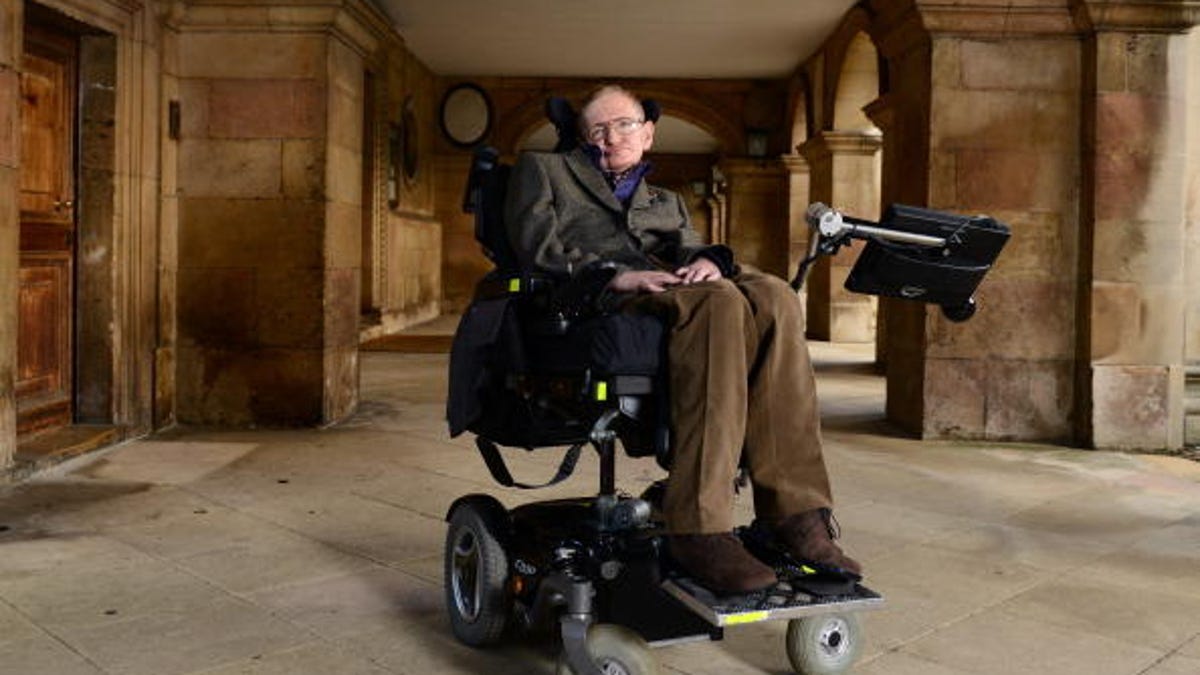'There is no God,' Stephen Hawking writes in final book
The late physicist's last book tackles Brief Answers to the Big Questions.

Late physicist Stephen Hawking's final book was published Tuesday, and he doesn't fail to take on the big issues, including the existence of God.
Stephen Hawking's final book was published Oct. 16, just seven months after his death in March.
"Do I have faith?" he writes in Brief Answers to the Big Questions. "We are each free to believe what we want, and it's my view that the simplest explanation is that there is no God. No one created the universe, and no one directs our fate."
Hawking goes on to say that this realization made him decide belief in an afterlife was just "wishful thinking" and that "when we die, we return to dust."
But Hawking, who died in March at age 76, also saw a silver lining in what to some could be a bleak view. Humans live on in their influence, and in their children, he wrote.
Even though Hawking said he didn't believe in a personal God, if there was one, the scientist said, he had a question for Him.
"If there were such a God, I would like to ask, however did he think of anything as complicated as M-theory in eleven dimensions," Hawking wrote.
M-theory is a theory in physics that unifies all consistent versions of superstring theory. It's probably not the question most other people would ask a Supreme Being, but then, Hawking was one of a kind.
In the book, Hawking answers other major questions, such as whether we can predict the future (in principle yes, in practice no), if time travel is possible (he can't rule it out), and if there's other intelligent life in the universe (yes).
Eddie Redmayne, who played Hawking in the 2014 film The Theory of Everything, wrote the book's foreward. He relates that before Hawking saw the movie, he told the actor he would be honest with his review, whether it was "Good. Or otherwise." Spoiler: Hawking liked it, though he could've done with more physics and fewer feelings, and he notes that Redmayne played "a particularly handsome version of me."
Disbelief in God notwithstanding, Hawking's ashes now rest in London's Westminster Abbey, near those of fellow legendary scientists Charles Darwin and Isaac Newton.

